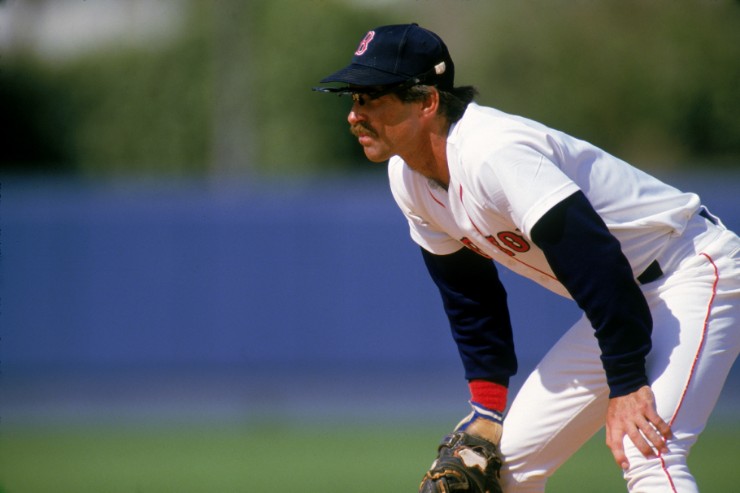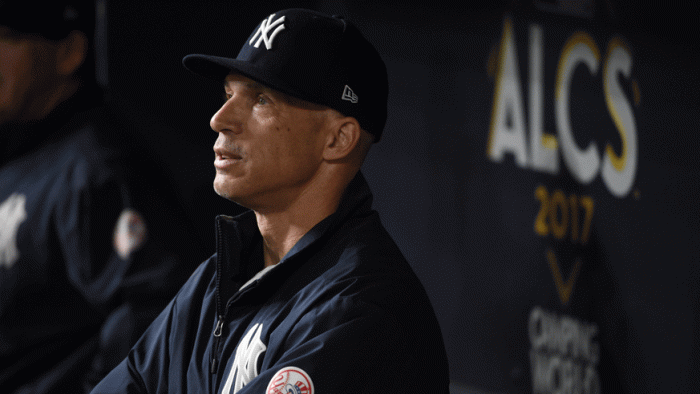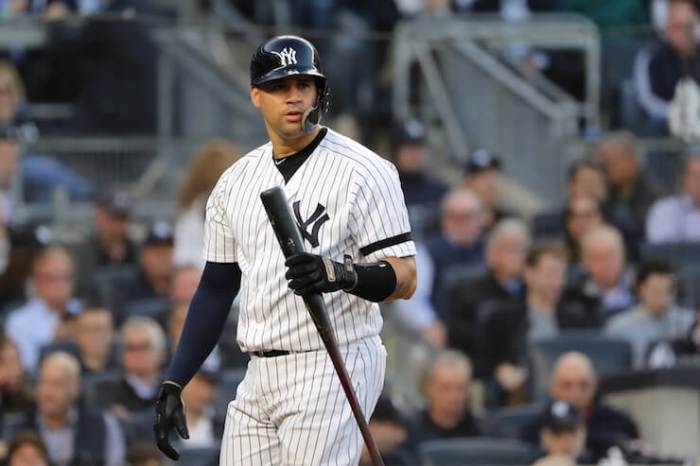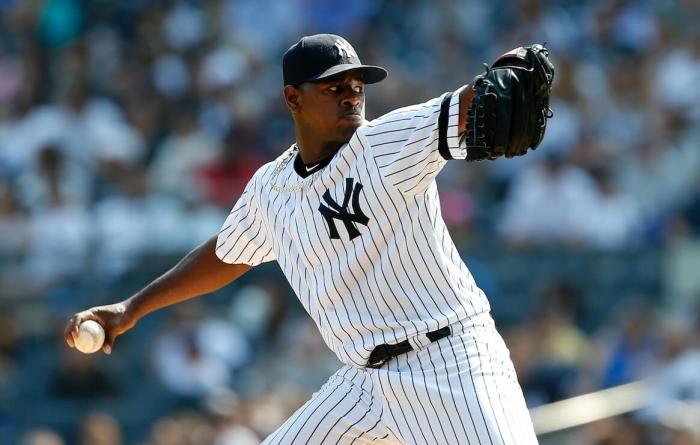With all the good that comes with being a professional athlete; the money, the fame, the chance to play a sport for a living, there comes its fair share of harrowing drawbacks.
In baseball, the game’s nearly two-century tale has been dotted with the stories of misfortunes and mistakes that have sullied the names of consummate professionals.
It’s a tale as old as the game, itself.
In 1908, New York Giants rookie, Fred Merkle’s base-running error, titled “Merkle’s Boner,” in which he failed to touch second base on what would have been a game-winning hit by Al Bridwell in late September turned out to cost his team the National League pennant. The Chicago Cubs won the makeup game and the NL crown by a single game.
Merkle went on to play parts of 16 seasons in the majors, amassing over 1,500 hits and making five trips to the World Series.
Yet he was saddled with the unfair nickname of “Bonehead” for the rest of his days.
“I wish I’d never gotten that hit that set off the whole Merkle incident,” Bridwell said later in his life. “I wish I’d struck out instead. If I’d have done that, I would have spared Fred a lot of unfair humiliation.”
There have been countless instances where one play defines the careers of many players. Mickey Owen dropped the third strike of the final out in Game 4 of the 1941 World Series against the Yankees, who held a 2-1 series lead over the Brooklyn Dodgers.
The Yankees would go on to win the game and take the series in five.
Despite being a four-time All-Star in 13 MLB seasons, the catcher’s 2005 obituary on ESPN was titled: “Mickey Owen, best known for dropped third strike in ’41 World Series, dies.”
Sports are cruel.
And in baseball, like any other competition, we sometimes must look past a play or two to get to the core of a player’s legacy.
That brings us to Bill Buckner, whom the baseball world lost on Monday at 69 years old after a battle with dementia.
Upon hearing his name, a majority of baseball fans will think back to that one fateful moment — a slow roller off the bat of Mookie Wilson — in Game 6 of the 1986 World Series against the New York Mets.
That will be as far as I’ll get into that play, even though Buckner himself was always gracious in defeat and was the epitome of a good sport throughout countless celebrations that followed over the decades.
If you don’t know much else about this play, read a book.
While fans will continue to harp on that single play, Buckner is rightfully being celebrated as one of the finest players of his generation. Even though he never received a call to Cooperstown.
The California native put together a 22-year career from 1969-1990 in which he played for the Los Angeles Dodgers, Chicago Cubs, Boston Red Sox, California Angels, and Kansas City Royals.
Only 34 other players in MLB history played in four different decades.
With a .289 career batting average won a batting title in 1980 with the Cubs, posting a career-best .324 mark.
He led the league in doubles twice, finished in the top-20 in MVP voting four times and compiled 2,715 career hits.
Only 65 major leaguers have recorded more hits than Buckner including Lou Gehrig, who had just six more.
And there was so much more.
He was the Dodgers’ left fielder desperately climbing the fence at Atlanta-Fulton County Stadium in April of 1974 as he watched Hank Aaron’s 715th-career home run sail well over the wall.
He collected seven RBI in a 1979 game against the Philadelphia Phillies at Wrigley Field in which the Cubs lost 23-22.
He was an All-Star in 1981.
He was one of just five players (Rod Carew, Al Oliver, Pete Rose, Steve Garvey) in Major League Baseball to have a .300 average or better from 1972-1982.
It’s not just a single play that defines a career. It’s so much more.
Especially when Buckner handled all the hatred and vitriol thrown his way by Red Sox fans 33 years ago with such grace.
And much like Bridwell lamented his part in a notorious baseball moment that plagued Merkle for the rest of his days, Wilson echoed similar sentiments on Monday.
“I was saddened to hear about Bill’s death. We had developed a friendship that lasted well over 30 years,” Wilson said. “I felt badly for some of the things he went through. Bill was a great, great baseball player whose legacy should not be defined by one play.”
There’s the rub when it comes to sports stardom.



















